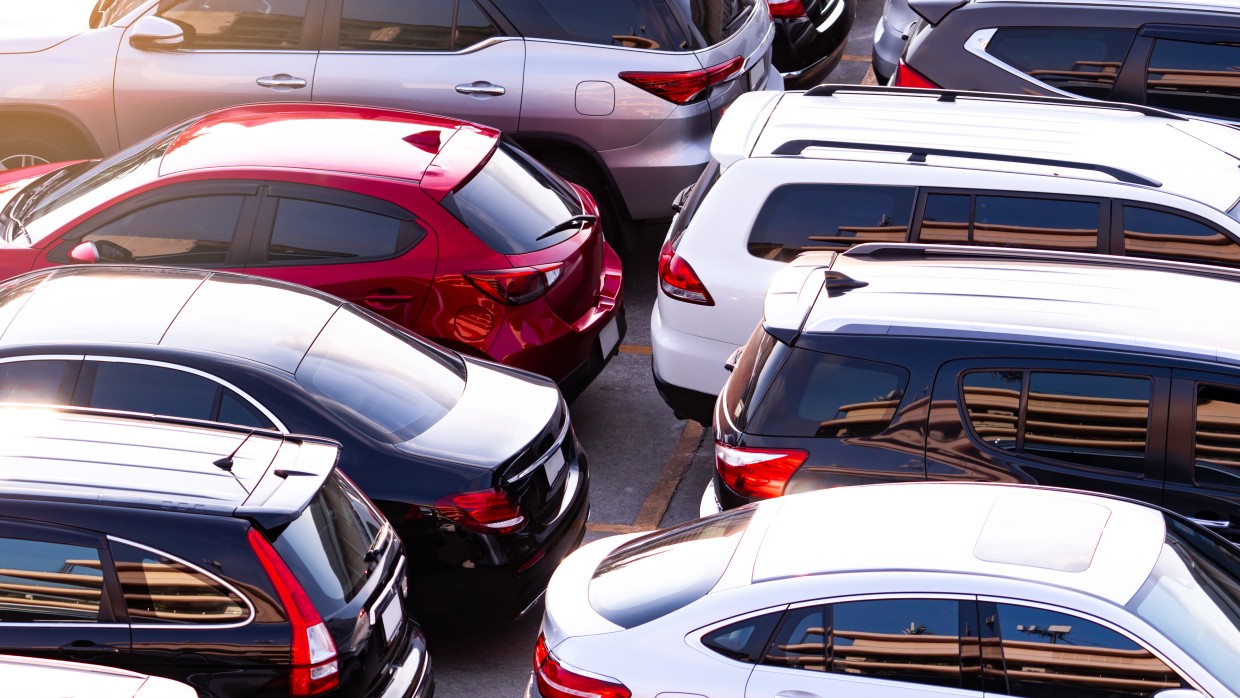News
News
Individual mobility remains important
As the latest KÜS Trend-Tacho shows, owning a car remains as important as ever for most drivers in Germany. The Trend-Tacho is compiled for the testing organisation KÜS and the trade magazine kfz-betrieb by the Cologne-based institute BBE Automotive GmbH – most recently in August 2024.
40 per cent of the 1,000 people surveyed consider their own car “extremely important”, 32 per cent consider it “very important” and 20 per cent “important”.
The recently published data calculated by the Federal Statistical Office (Destatis) on the basis of figures from the Federal Motor Transport Authority (KBA) also confirm the continued high value placed on a “motorised vehicle”. The number of cars per 1,000 inhabitants then rose to 580. That is 37 more vehicles than ten years ago. However, this does not put Germany in the top spot at all, but well behind other European neighbours such as Poland, Italy, France and Norway.
On the other hand, the number of cars in Germany rose to a new record high of 49.1 million at the beginning of 2024, of which over 87 per cent were equipped with a combustion engine. The average age of the vehicles is around 10.3 years. Demand for new cars also rose again in October, by 6 per cent compared to the same month last year. However, purely battery-powered electric vehicles are still clearly lagging behind. The greatest demand is for hybrid drives, in which both a combustion engine and an electric motor are at work.
Car ownership is particularly important for people who drive a lot (54 per cent) and for those who live in rural areas (43 per cent). The stark difference between urban and rural areas is particularly evident in the latter. While there are many alternatives to owning a car, especially in large cities, such as public transport, car sharing, where several people share a car, or electrically powered two-wheelers (e-bikes and e-scooters), the situation with bus and train connections in rural areas is less rosy.
Nevertheless, even in densely populated areas, the car is part of everyday life. It is therefore not surprising that 61 per cent of those surveyed at the KÜS Trend-Tacho reject the current trend in traffic planning to “ban” cars from city centres.
Accordingly, only 7 per cent consider their own car to be “less important” and only 1 per cent consider it to be “unimportant”.
What 80 per cent of those surveyed particularly appreciate about their own car is the opportunity to get to their destination in a short space of time.
It will therefore be interesting to see how politicians position themselves on affordable, personalised mobility for everyone. So far, no change is foreseeable in the EU to the plan to no longer allow new combustion vehicles from 2035 – except those that can be fuelled exclusively with eFuels. But there remain a few things that need to be clarified.



